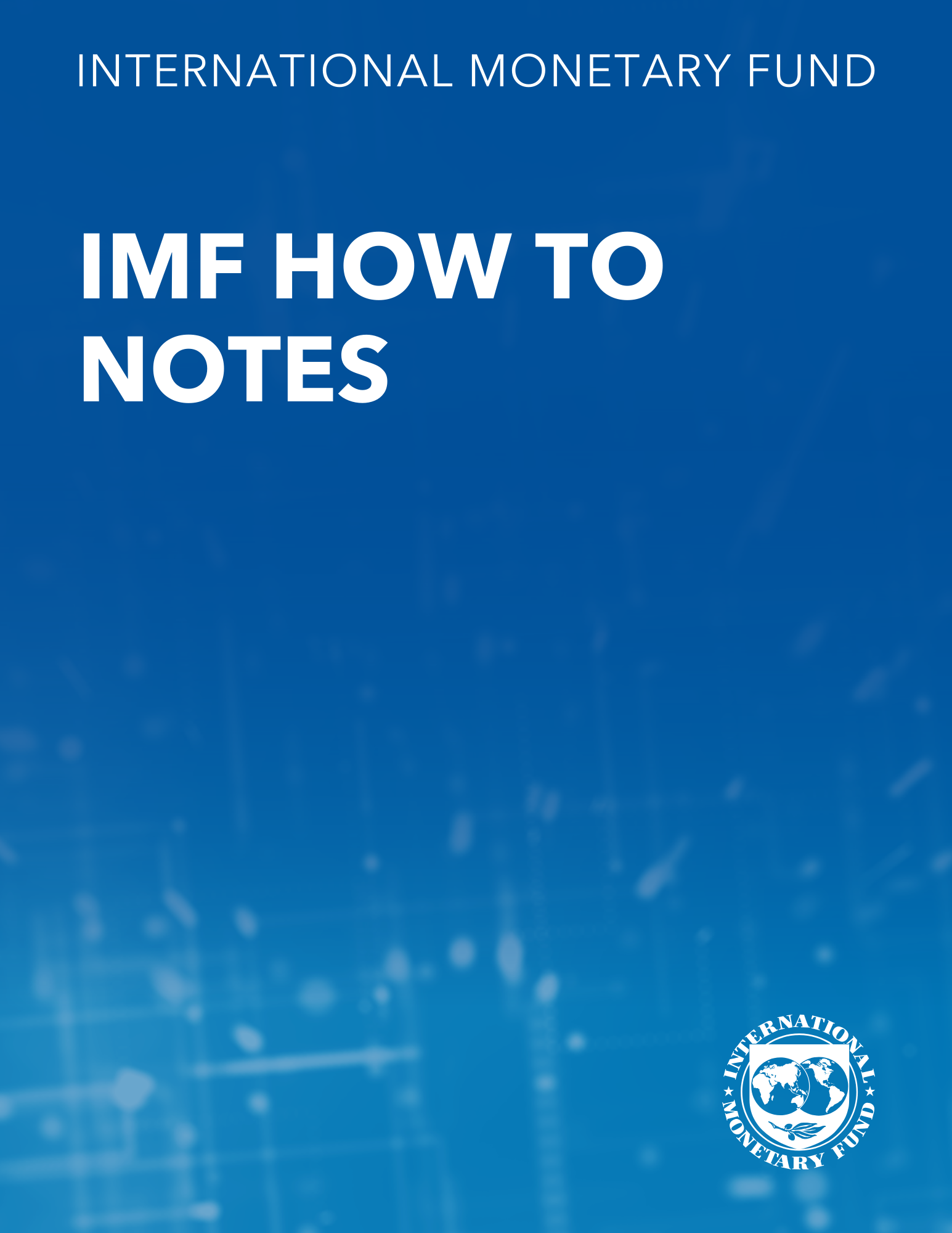A Measurement of Aggregate Trade Restrictions and their Economic Effects
January 7, 2022
Disclaimer: IMF Working Papers describe research in progress by the author(s) and are published to elicit comments and to encourage debate. The views expressed in IMF Working Papers are those of the author(s) and do not necessarily represent the views of the IMF, its Executive Board, or IMF management.
Summary
Subject: Exports, Imports, International trade, Tariffs, Taxes, Trade barriers, Trade policy
Keywords: alternative measures, annual, changes in MATR, data, Empricial, evolution of MATR, Exports, Global, Imports, MATR component, MATR data construction, MATR value, non-tariff barriers, panel., policy, protection, tariffs, Tariffs, Trade barriers, Trade policy
Pages:
65
Volume:
2022
DOI:
Issue:
001
Series:
Working Paper No. 2022/001
Stock No:
WPIEA2022001
ISBN:
9781616359645
ISSN:
1018-5941






